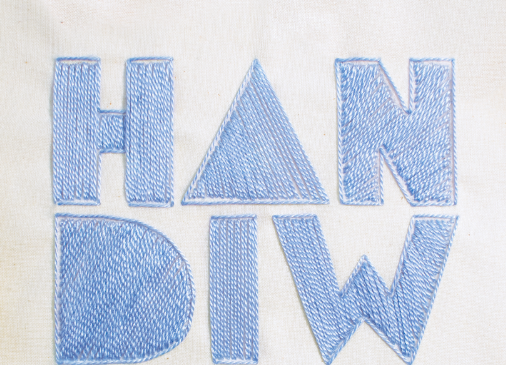Handiwork
Amaranth Borsuk
Slope Editions, $14.95 (paper)
What information can the body hold—physically, psychically, historically—and how do we translate these encryptions into language? These are Amaranth Borsuk’s chief concerns in her debut collection, winner of the 2011 Slope Editions Book Prize. “Words so readily betray things they’re meant / to represent,” she states, the word “betray” capturing both the loss and the discovery that are catalyst to these intricately constructed poems. The book’s recurrent image of the hand reinforces the importance of care and craft—see the poems’ many brackets and erasures—to Borsuk’s interrogation of personal identity and a family narrative partly obscured by the Holocaust. Adamantly not straightforward memoir, Handiwork strives instead to capture process (“how does mind / hold slippery bodies, how map / what’s outside known boundaries?”), often suggesting a series of maps—either those of earlier centuries, in which the far side of the ocean is tenanted by sea monsters, or modern satellite images that force us to ponder what lurks inside all of those actual houses. Borsuk hints at answers first chemical and numerological (in a series of short poems titled “Salt Gematria,” which make use of the mystical Hebrew practice of assigning every letter a numerical value), then geopolitical (“Prague, Poland, Germany, Paris, / [no sequence, less information]”), then emotional (“salvaged grief”). However, it’s Borsuk’s resolve not to fill the spaces she has delineated, to leave their “little distance distilled” unbridged that, in the end, feels most revelatory.








